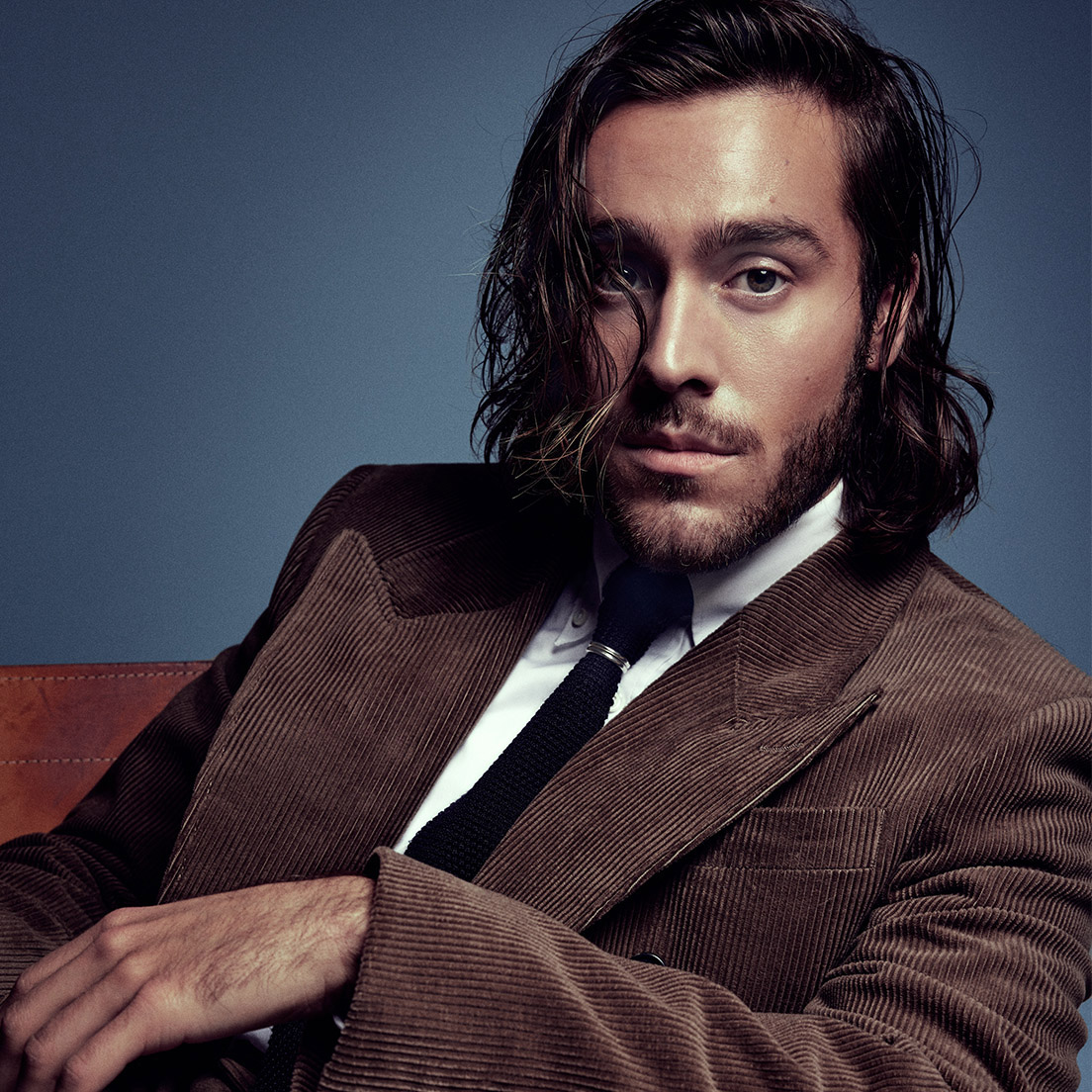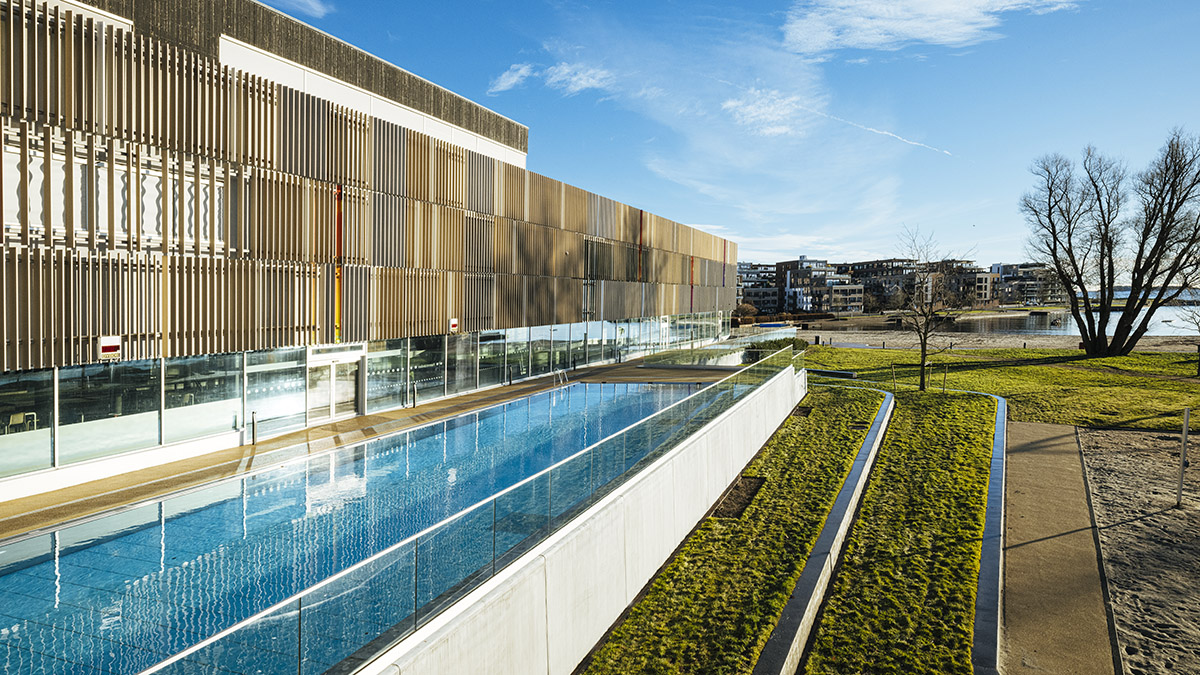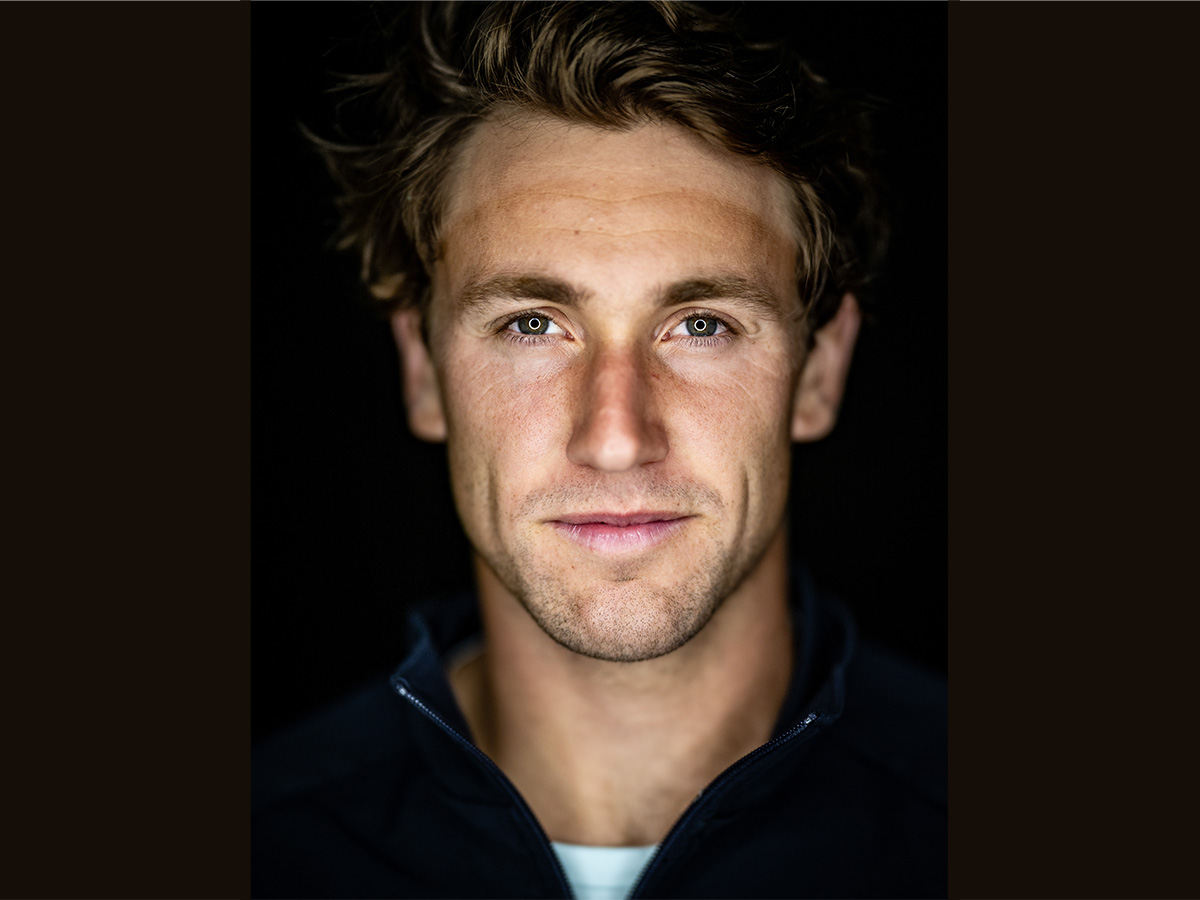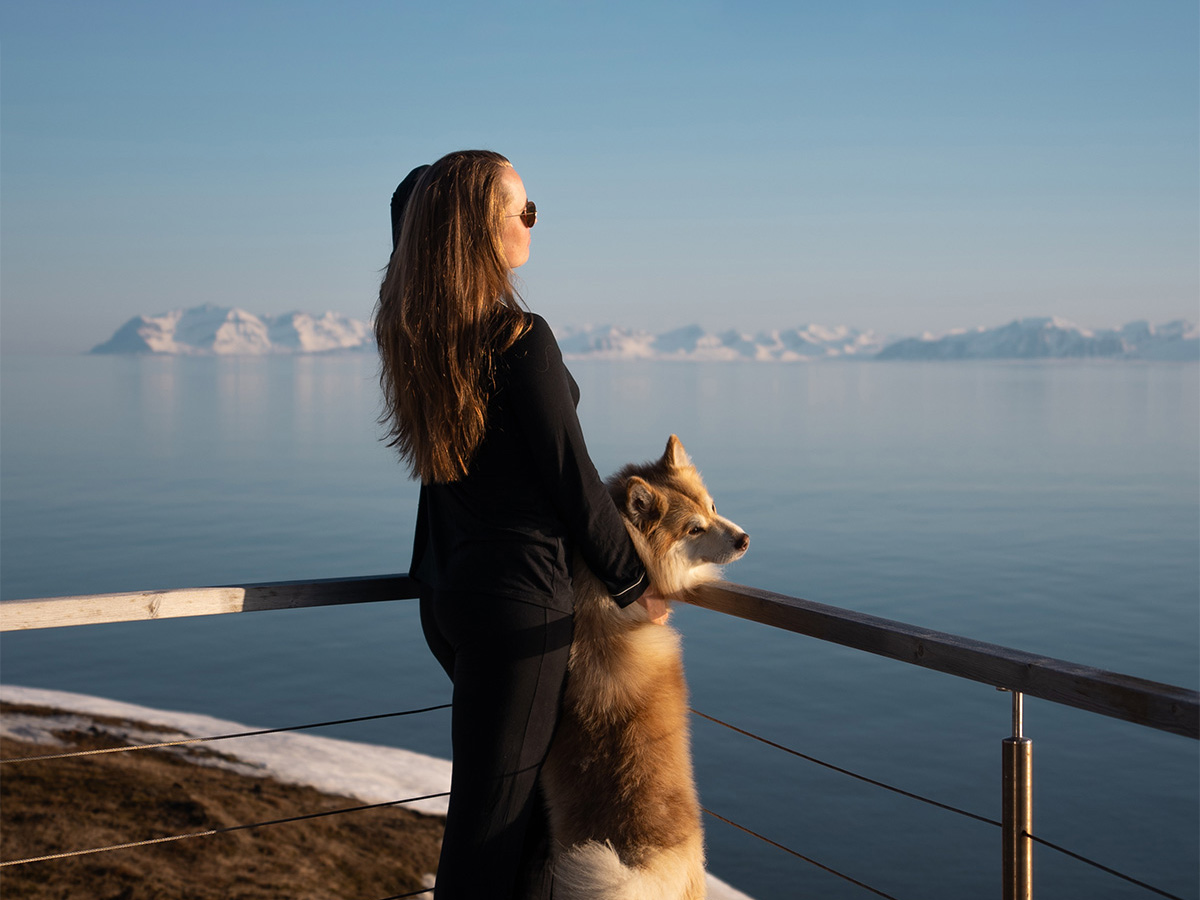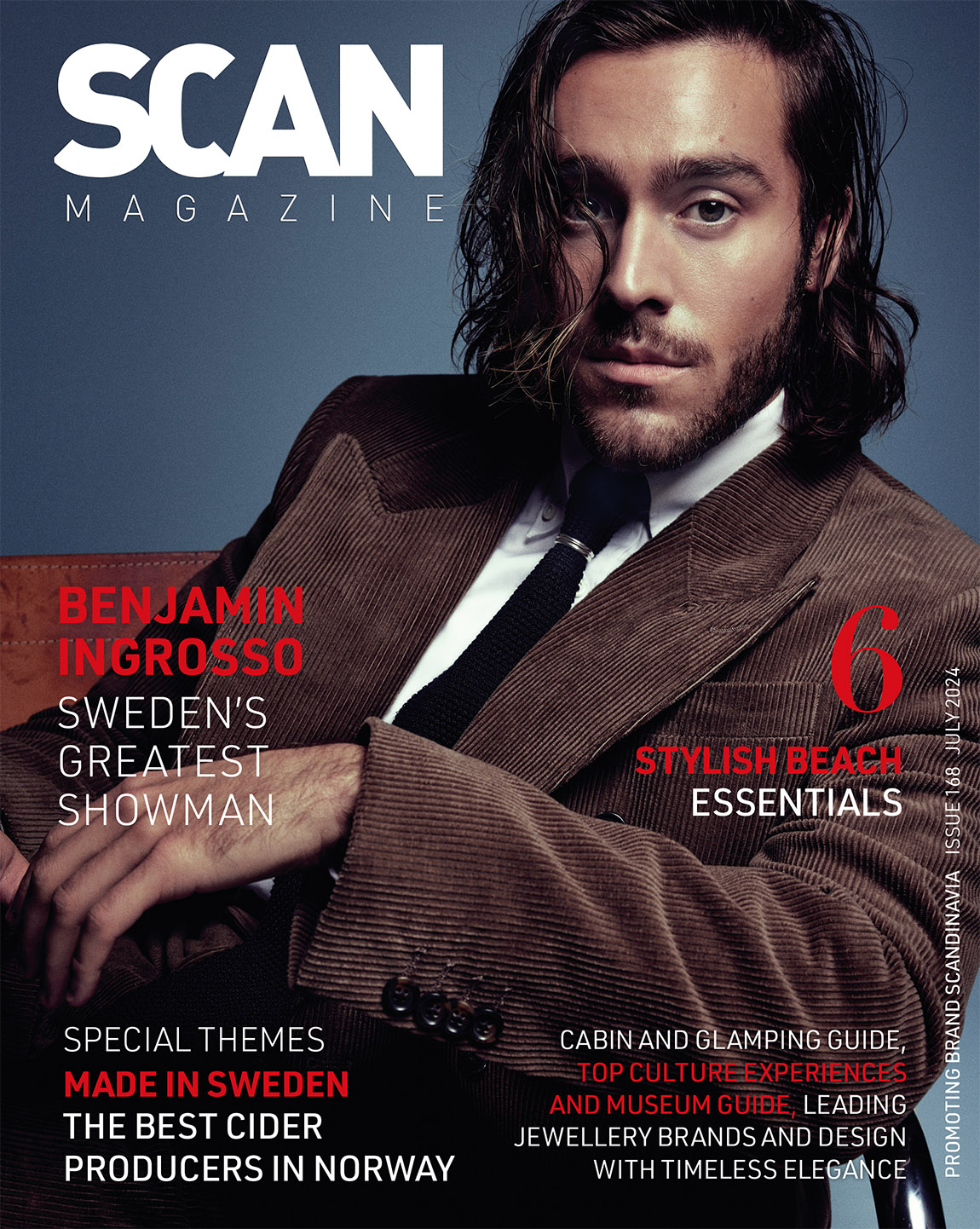Thomas Buttenschøn: Doin’ My Drugs
Text: Paula Hammond | Photos: Adam Battaglia
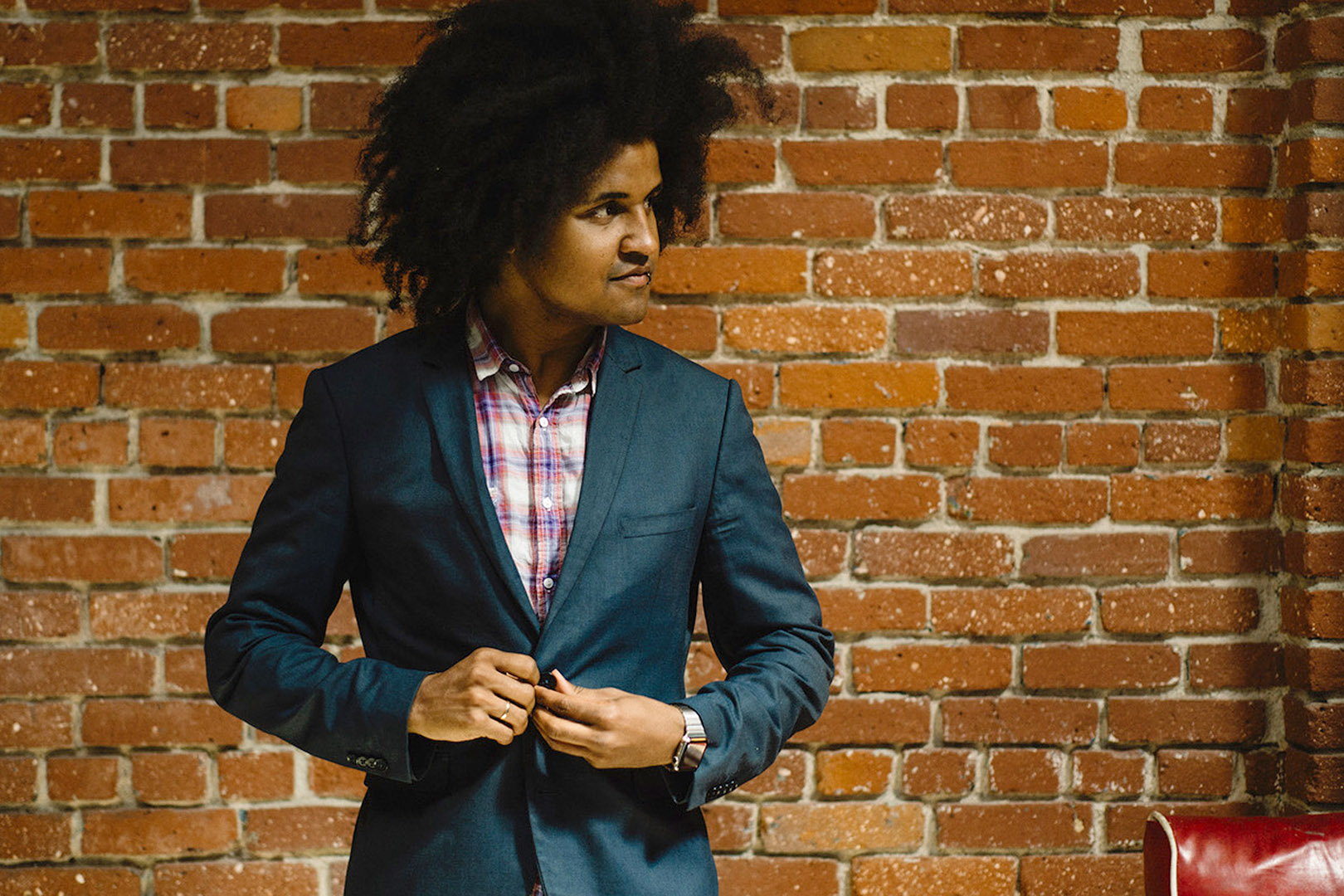
“There isn’t a single day when I don’t think about death.” It’s a startling comment from a man who oozes positivity from every fibre of his being. But then, Thomas Buttenschøn and death are old friends…
Scan Magazine catches up with Buttenschøn at home in Copenhagen. When asked what he’s working on, he responds with a poignant pause. He’s composing a song for his brother who’s just died.
Buttenschøn was born with HIV and lost both his parents to the disease before he was nine. In Zambia, where he was born, over a million people are HIV positive – that’s 13 per cent of the country. You can go to a funeral every day, and still lose loved ones to an illness that’s cut a weeping wound through the heart of the nation.
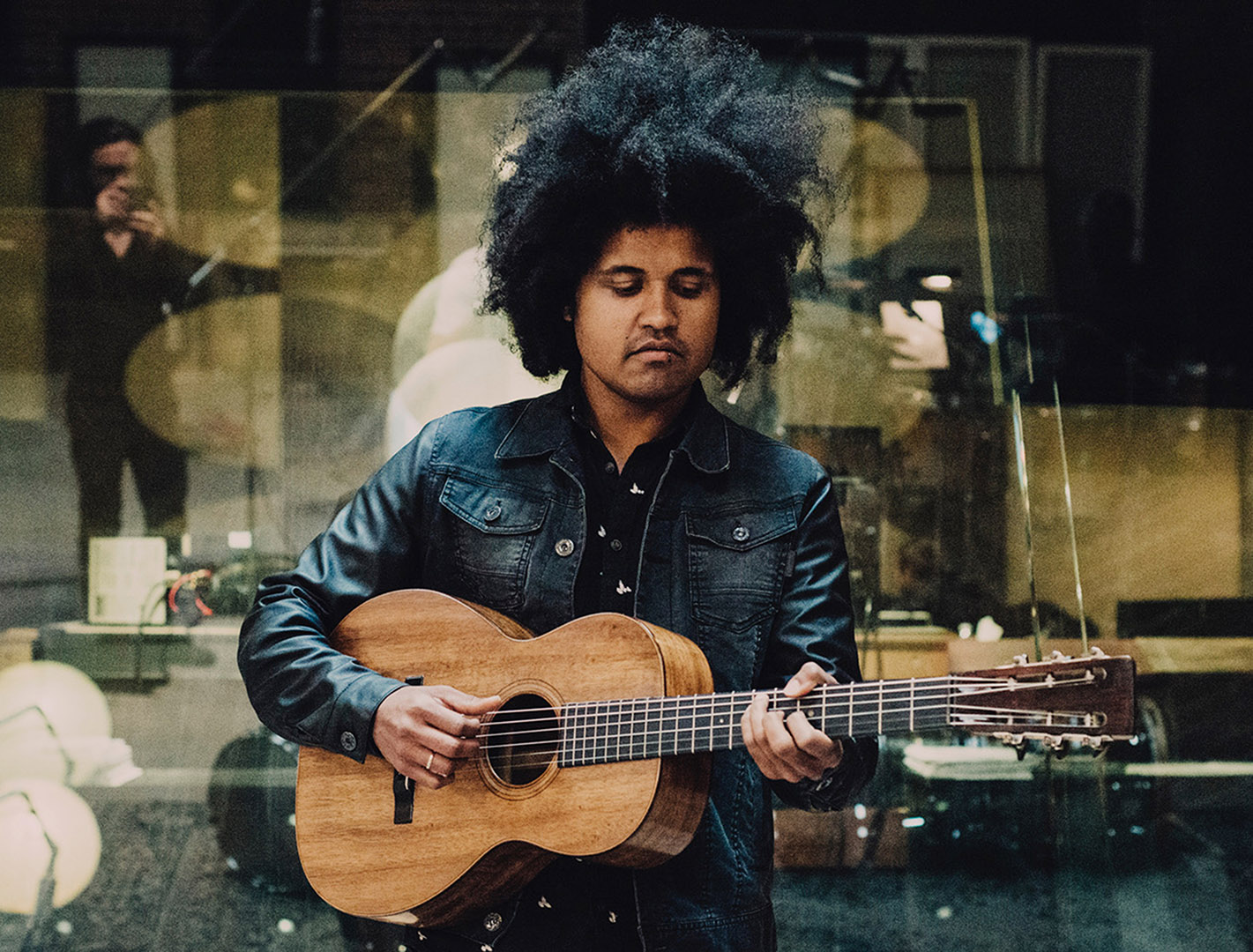
Photo: Courtesy of Thomas Buttenschøn and Doin’ My Drugs
For Buttenschøn, music has always been his way of dealing with the pain and problems that life has thrown at him. Things could have been a lot different. “My music teacher could tell that I was troubled. I was starting to get into fights. I had anger problems and a lot of energy that I needed to burn off. The guys in my crew – there were five of us – suddenly found ourselves in the rehearsal room and it saved us, really. Of course, everyone, at first, wanted to play the drums, because it meant we could hit something! It was later that I picked up the guitar… Today, I still sit at the guitar or piano rather than see a shrink. That’s how I get my thoughts out. In many ways, it’s a lot easier for me to write a song than to sit down and have a conversation.” Today, Buttenschøn is not only an award-winning musician but, thanks to a stint as a judge on Denmark’s Got Talent, he’s a house-hold name.
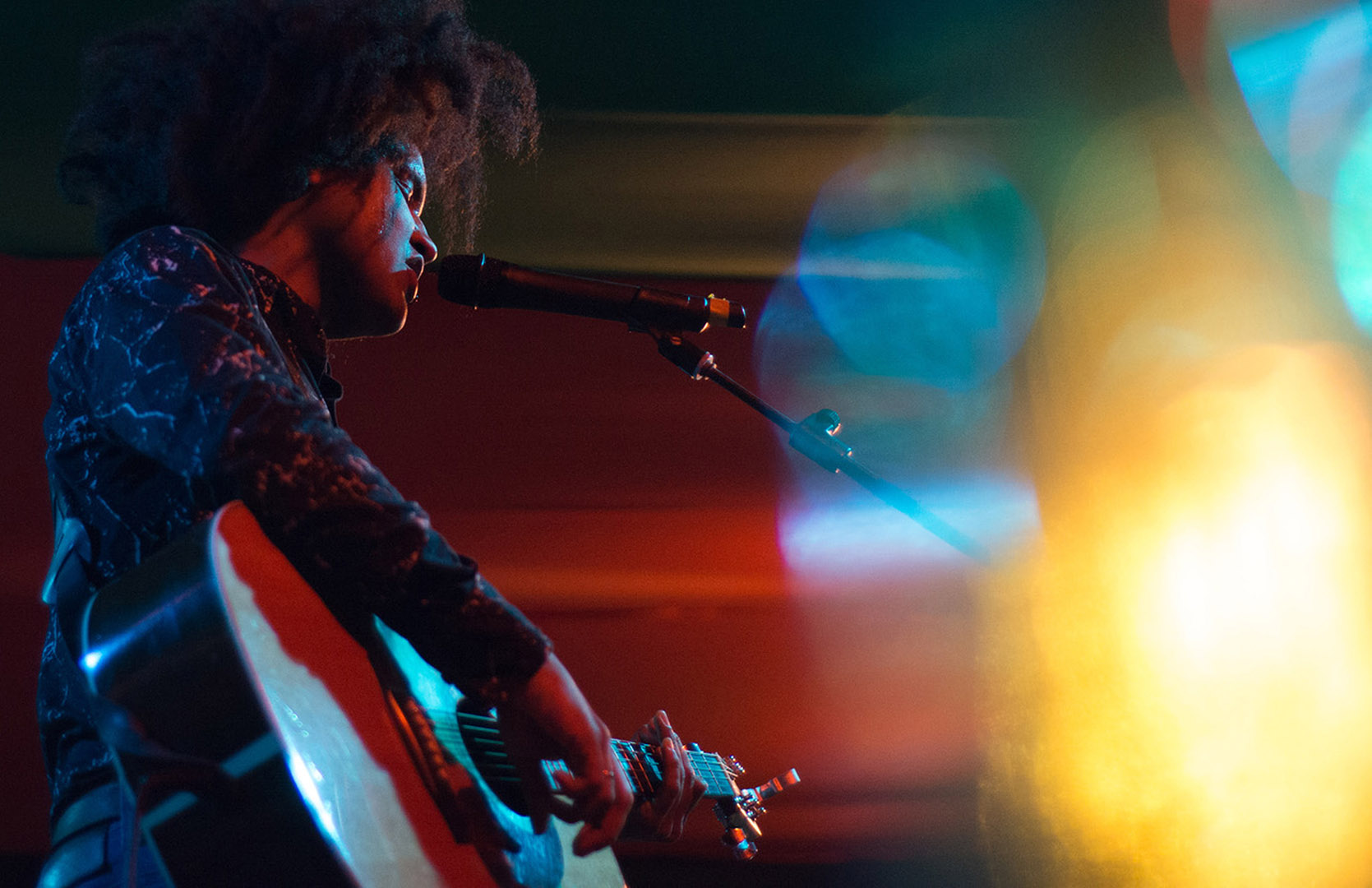
Photo: Courtesy of Thomas Buttenschøn and Doin’ My Drugs
Growing up as a child of two continents – with a Zambian mother and a Danish father – has meant that Buttenschøn often gets labelled. “In Denmark, I’m black. In Zambia, I’m white. I remember at one point, I just wanted to be like everybody else. I wanted to fit in. Then, all of a sudden, I realised that being different wasn’t a bad thing. It was a good thing – and now I want to tell my story, because I don’t believe that a single feeling I have is unique, and that’s what music is about. Uniting people; stopping us from feeling alone.”
Reconnecting with that family back in Zambia was something that he hadn’t planned. “When you’re a teenager,” he says, “Zambia feels like such a different world. I wasn’t expecting to reconnect and, to be honest, I was a bit scared to. But then my oldest son was born in 2011 and along came this TV programme called Back to the Roots, and everything grew out of that. Now I visit two or three times a year.” It was from those visits, and his own experiences of living with HIV, that the film Doin’ My Drugs was born.

Staying positive
The documentary deals with the HIV crisis in Zambia, where the same antiretroviral drugs that allow Buttenschøn to live a normal life are freely available. Despite that, a positive diagnosis is often seen as a death sentence. Few people are even aware that you can have relationships, children, and keep your loved-ones disease-free simply by, so to speak, doin’ your drugs. And not talking about it has become a coping mechanism that, perversely, helps the disease spread.
Doin’ My Drugs follows Buttenschøn as he attempts to break down taboos, cumulating with a concert that’s free to anyone who gets an HIV test. The Test For Tickets campaign has already been hugely successful and continues to help shatter the sigma of HIV. “A lot of people,” Buttenschøn comments, “get the disease when they’re adults. And they perhaps feel ashamed because they know that they could’ve protected themselves. But for me, it was just bad luck. I was born into the wrong body… and in some way it’s easier for me to tell my story. I don’t have that stigma. And, because I’m a musician, I have a platform already and, I believe, I was given a talent to help tell my story.”
What strikes you when watching Doin’ My Drugs, and indeed when talking to Buttenschøn, is how effortless his talent appears. He’s never far from his guitar. Sitting in a taxi, walking down the street – he seems to almost pluck songs from the air. “I write everywhere, and the only reason I’m ever late is because I’ve been writing a song. Sometimes, I wake up in the night with a tune going around my head. So I pick up the phone and record the whole thing, trying to do it without waking up the kids!”
Does he ever stop and relax? “Although I grew up in the countryside, I’m a city boy at heart,” he says. “I love the buzz. But right now, standing in my living room with my girlfriend [Mille Gori] and kids, surrounded by the people who love me, that’s my time. It sounds like a cliché, but that’s it.”
Buttenschøn grew up in the sleepy village of Gylling, where everyone knew the story of the orphan boy from Africa. “Of course, it’s just a village, and everybody knew everyone. But there were maybe two or three black kids in a school where everyone else was blonde and blue-eyed. So I’ve never not been in the spotlight,” he comments. But it takes bravery to put your whole life up for public consumption, as Buttenschøn has done. “I started a journey, which is far from over. I decided to tell my story, a story about AIDS, death and hope. I dream about a world where love and passion do not become a death sentence, as was the case with my own parents.”
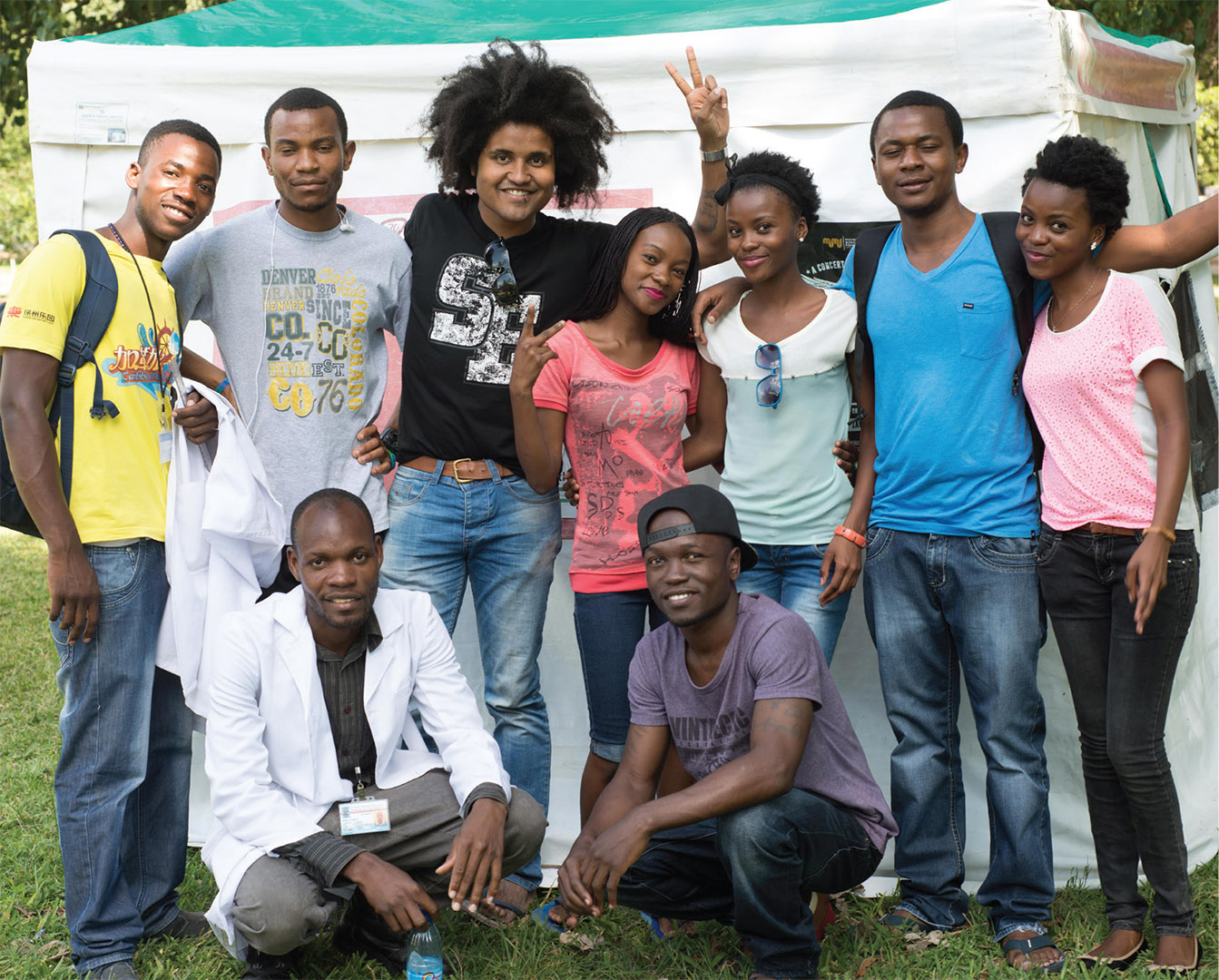
In brief:
Thomas Buttenschøn founded The Muchimba Music Foundation in 2015. The foundation is dedicated to creating change and awareness through music.
Doin’ My Drugs will be showing at film festivals throughout the year.
A soundtrack of songs from Thomas Buttenschøn, B-Flow, Danny Kaya, John Chiti, and the Zulu Family – all featured in the documentary – has been released to support the film.
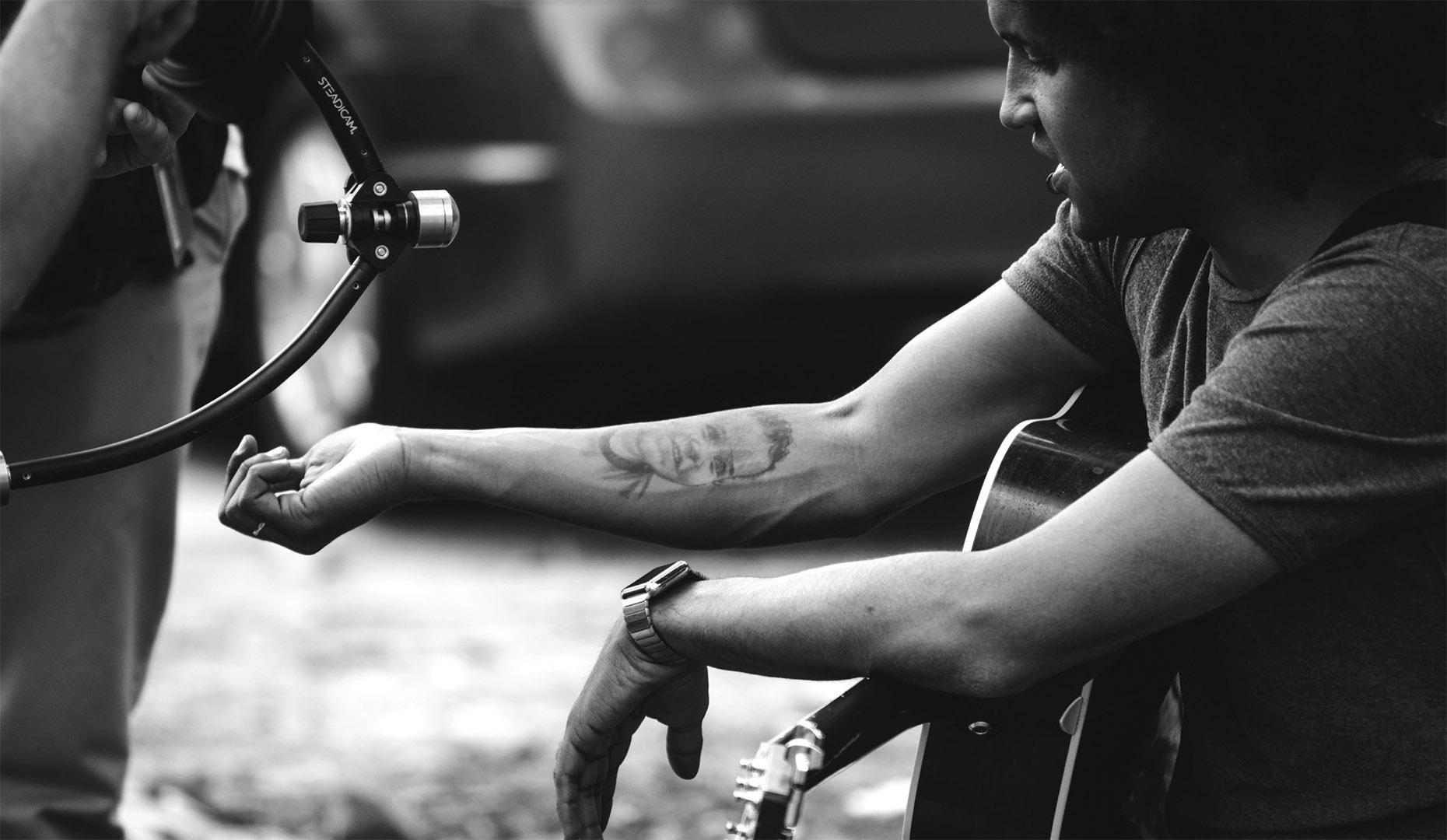
You can read more about The Muchimba Music Foundation on: www.muchimba.org
Subscribe to Our Newsletter
Receive our monthly newsletter by email

